I grew up in Providence, Rhode Island, in a small house on a dead-end gravel street. My father was a carpenter, and my mother worked as a crossing guard. Our family didn’t have much, especially when Dad couldn’t work in winter conditions. One of my brothers and I even shared a baseball glove.
But that childhood offered me lessons I went on to draw from as the CEO of a global high-tech company, with employees around the world (some of whom faced similar circumstances, and who I had deep empathy for).
Looking back, I realize that I had everything. I was loved and cared for — surrounded by infinite generosity and encouragement. My parents, my extended family and our neighbors made the most of what little they had. In many ways, I owe my success to those early years, which made it easier to connect with others who had little but were destined to do a lot.
My life is very different than it was 50 years ago, but being around that kind of ingenuity and selflessness shaped me as a leader. Here’s what I learned — and what I hope others can take away from the experience.
The best leaders find ways to make things happen, no matter how little they have to work with.
Constraints inspire creativity and collaboration
At a young age, I realized that a lack of resources can drive innovation rather than stifle it. We were the only family in the neighborhood without a snow shovel. When I asked Dad why we couldn’t buy our own, instead of explaining that we couldn’t afford it, he made one out of wood. Problem solved.
I’ve seen the same principle play out in business again and again. The best leaders find ways to make things happen, no matter how little they have to work with.
The company I led for 20 years was co-founded by a man who knew all about doing more with less, having grown up in a farming community in Kansas. Launching in 1971 with just $125,000, he built it into an innovator in carbon dioxide laser optics. He then took the company public on the NASDAQ — at a time when most listings were banks and insurers. Today, it’s a $5 billion business.
It’s just one of many success stories born out of constraint. About half of all Fortune 500 companies got their start during a recession or an economic crisis.
Once a leader stops dwelling on what their company hasn’t got — a position of scarcity — there’s more freedom to imagine the possibilities.
Don’t underestimate the power of abundance thinking
For my family in Providence, the glass felt more than half-full, even if it was empty. When my grandmother heard I was getting married, she gave my future wife $2 for her bridal shower — all she had.
As one of my former bosses used to say, “You need to do the best you can with what you have, where you are right now.” Once a leader stops dwelling on what their company hasn’t got — a position of scarcity — there’s more freedom to imagine the possibilities.
Microsoft CEO Satya Nadella is a good example. Inheriting a company that embodied scarcity by refusing to team up with rivals in areas where it was weak, he began forming partnerships. That helped transform Microsoft into one of the world’s most valuable companies.
Time is an overlooked resource
Except for three-day holiday weekends, we never went on vacation during the summer. Dad understood the importance of using those months to support the family after a lean winter.
Business leaders often overlook time as a difference maker. Unlike money and other resources, it’s something they can control — by maximizing its use.
This means remembering that you can dictate the speed at which you make decisions. Sometimes that calls for thinking slowly but moving quickly. As a leader, I have a high tolerance for controlled failures — as long as people learn from them.
And within reason, don’t worry about rushing things unless the consequences of failing could be catastrophic. Faster decisions tend to be higher quality, a survey of executives found.

Empathy is the most valuable currency
In business, the importance of empathy can’t be overstated. For my first job as a scientist at Bell Laboratories, I was tasked with developing a new technology for fiber optics devices. My colleagues included a group of knowledgeable technicians who didn’t get the respect they deserved because they had high-school educations. Many were veterans of the Vietnam and Korean wars — just like folks I knew back in Providence.
When the project stumbled, they gave me information that helped it succeed and propelled my career forward. That only happened because I built trust by integrating their skills and emphasizing they were valued.
As CEO, I was always equally willing to extend a bond to others. Businesses spend a lot of resources trying to attract top talent — when they should be creating a culture where employees feel trusted and respected in all their diversity. Doing the latter helped my former company acquire and integrate more than 20 businesses and recruit the best people.
With people, you get back what you give, and often more
In my hometown, the blizzard of ’78 was a historic nor’easter that left 6-foot snow drifts blocking the streets. My family and others in the neighborhood didn’t hunker down. We delivered food, medicine and blankets to those who needed it.
It takes a village in business too. Throughout my career, I’ve found myself behind people just as often as I was ahead of them. I got where I am today because so many others — family, teachers and colleagues — have pulled me along.
When I think back to my childhood in Providence, I’m reminded that our dead-end street turned out to be the opposite. It put me on a road I could hardly imagine, where how I treat others always matters more than what I have. No matter your journey, those are words to live by.
Thank you for reading! For more insights from my experience leading and growing global companies, subscribe to Leadership and Innovation.

